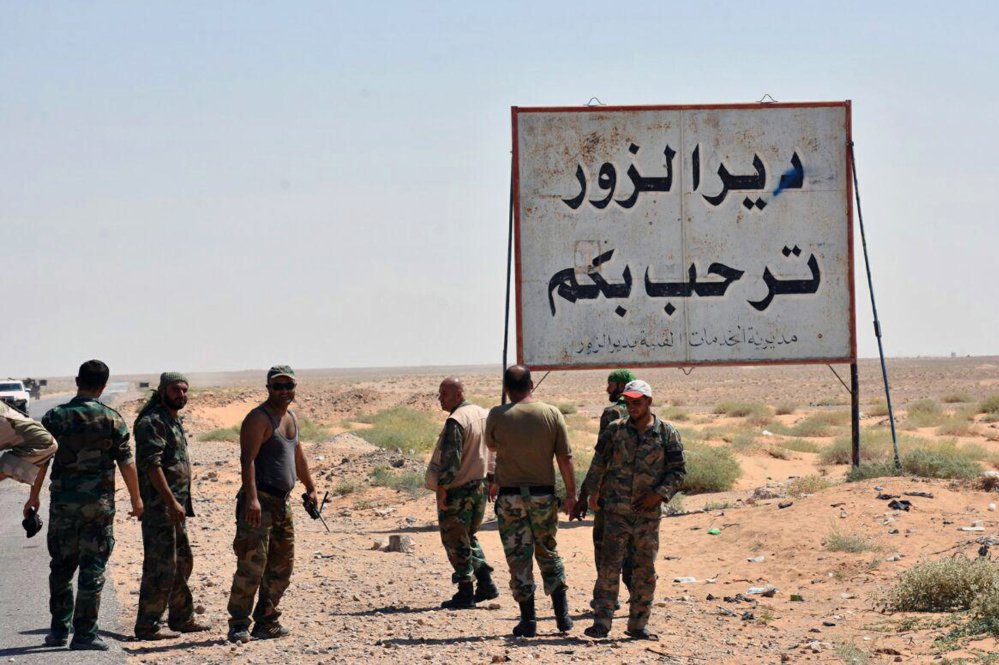Territorially, Islamic State has been squashed. But the threat it poses remains all too real — and ominous.
The New York Times reports that thousands of Islamic State foreign fighters have been slipping out of the eastern Syrian battlefield and hiding in northwest Syria. Many with European roots are paying smugglers to get them over the Syrian border into Turkey, which they hope to use as a conduit to return to their homelands in Western Europe.
Islamic State is now becoming what many militant groups morph into after their defeat on the battlefield — a guerrilla movement that emphasizes soft target attacks.
Baghdad has been a prime target for those attacks. But few places in the world are immune. The wars in Syria and Iraq drew fighters from more than 120 countries. EU officials think as many as 1,500 militants have returned to their homes in Europe. There were also Americans fighting in Iraq and Syria, though how many were directly affiliated with Islamic State isn’t known.
Will some postwar militants give up the cause? Perhaps. But it would be foolish to think that many others wouldn’t bide their time, and wait for the right moment to inflict terror. Whether carried out by sleeper cells or lone wolves inspired by Islamic State propaganda, we’ve seen what that carnage looks like in London and Manchester, Paris and Nice and, in the U.S., Orlando and New York.
Turkey is a front line for preventing postwar militants from heading westward. Right now, however, Turkish forces are attacking Syrian Kurdish fighters that the U.S. wants at the Syrian-Turkish border as a firewall to Islamic State migration. The Trump administration so far has failed to get Ankara to stand down. Failure’s not an option, however. Islamic State militants slipping over the Syrian-Turkish border isn’t just a Turkish problem — it’s a threat to many Western nations.
For their part, European governments have improved cooperation between their intelligence and law enforcement agencies. As more Islamic State militants seep out of Syria and Iraq and head westward, Europe, along with the U.S., will need to intensify that cooperation. It’s far too early to cast the militant group as defanged and defeated.
Editorial by the Chicago Tribune
Send questions/comments to the editors.



Success. Please wait for the page to reload. If the page does not reload within 5 seconds, please refresh the page.
Enter your email and password to access comments.
Hi, to comment on stories you must . This profile is in addition to your subscription and website login.
Already have a commenting profile? .
Invalid username/password.
Please check your email to confirm and complete your registration.
Only subscribers are eligible to post comments. Please subscribe or login first for digital access. Here’s why.
Use the form below to reset your password. When you've submitted your account email, we will send an email with a reset code.